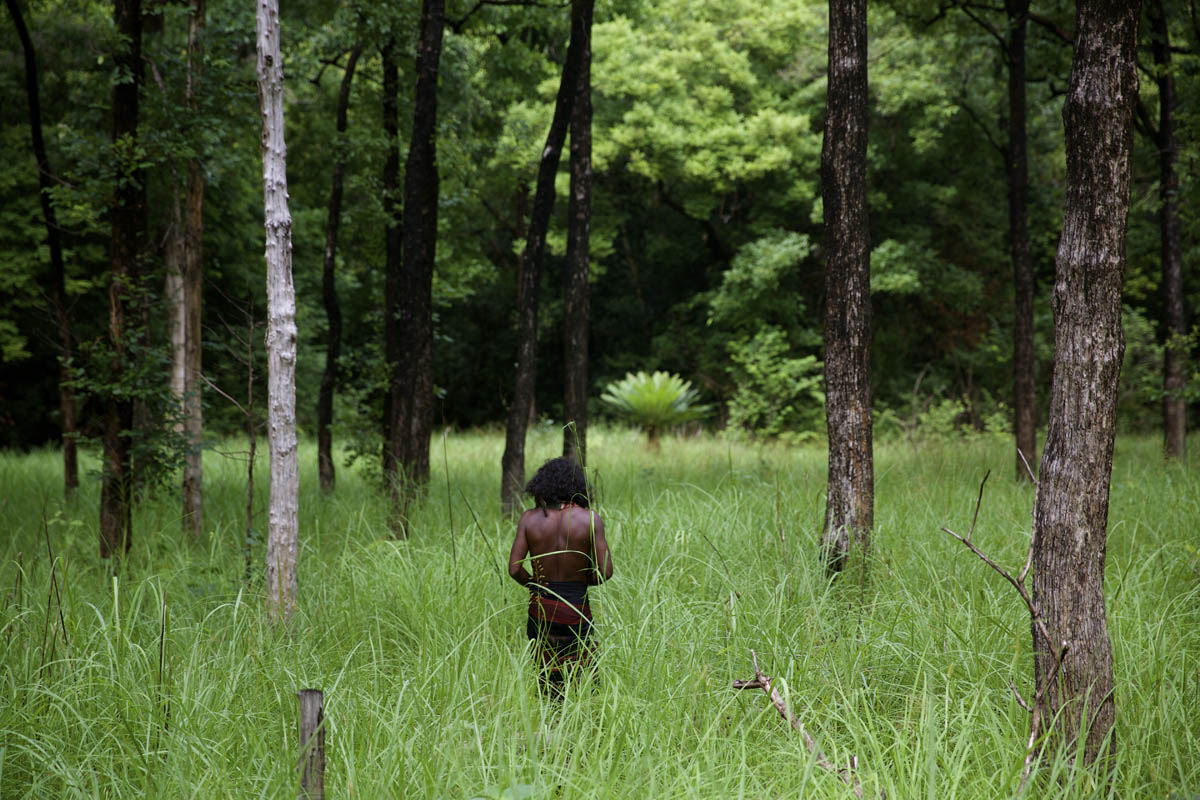What’s the Potential of Luxury Hospitality to Drive Positive Impact?
Jacada Travel’s White Paper #1
Is positive impact tourism poised to overtake traditional approaches to sustainable travel, with a focus on the environment, climate, and community? New research from Jacada Travel suggests it is. The luxury travel specialist that provides bespoke, private journeys driven by positive impact published Beyond Sustainability: Positive Impact Tourism in 2024, examining the potential for providers of luxury accommodation to drive positive social and environmental impact through hospitality.
The Jacada Travel white paper explores emerging trends in positive impact travel, potential setbacks, tips on how to get started, and some surprising takeaways.
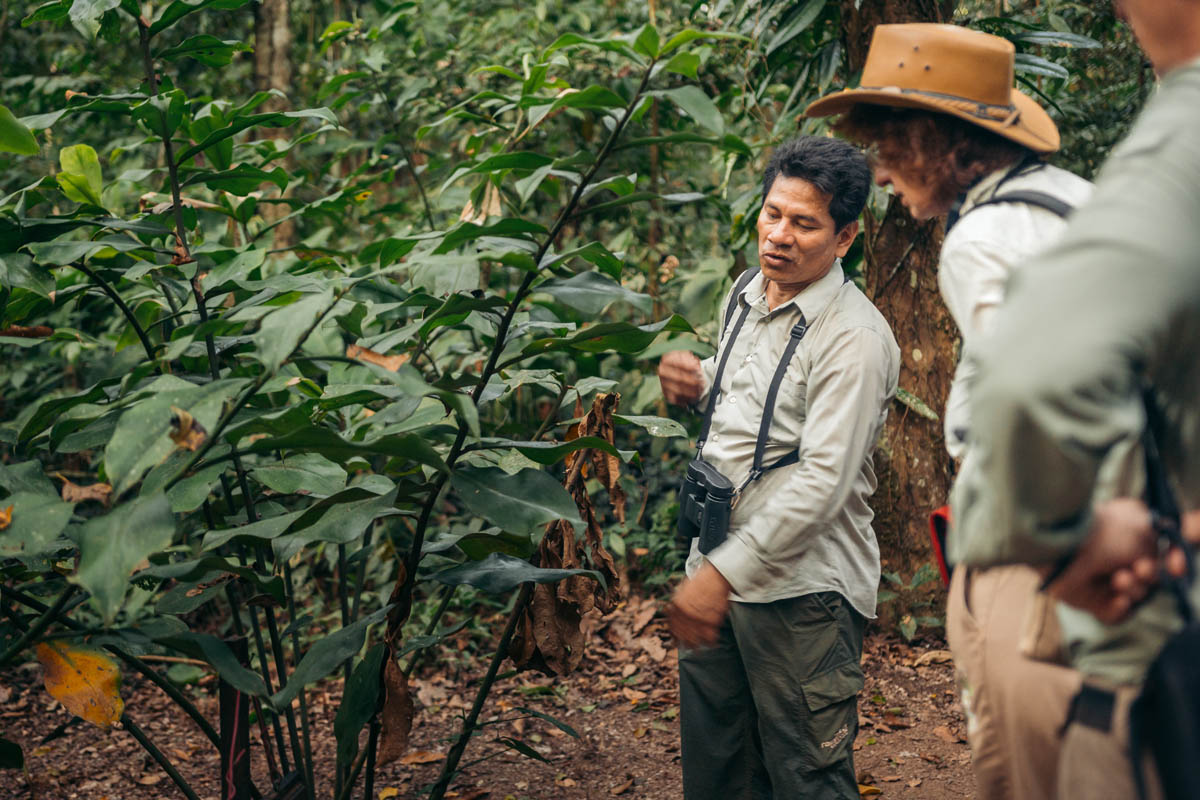
Download the Beyond Sustainability Report
Here Are Some Key Findings:
- Evolution from sustainable tourism to positive impact tourism is a growing trend – Distinct from sustainable tourism’s focus on mitigating the negative impact of tourism, positive impact tourism seeks ways to benefit environment, community, climate, and wildlife alike. 97% of properties studied for Beyond Sustainability undertake sustainability-related action, and 41% also allocated profits toward meaningful social and environmental initiatives. Altogether, the properties have collectively conserved more than 3 million hectares of land – roughly the size of Belgium.
- Social and environmental justice are interconnected – Many properties evaluated in the course of compiling Beyond Sustainability take a holistic approach to positive impact efforts, recognizing the interconnection of social and environmental issues to create stronger and more enduring impact. 53% of properties report supporting both social and environmental issues, and there are notable examples of successful integration.
- Governmental decisions play a crucial role in shaping sustainable practices – Beyond Sustainability underscores the significance of supportive regulatory frameworks and government policies in fostering a conducive environment for sustainable tourism initiatives. Kenya, South Africa, Rwanda, and Costa Rica all have standout luxury properties whose distinct approaches to sustainability were shaped by governmental decisions.
- The travel industry needs to act faster and together – Is the industry moving quickly enough on climate action? Alas, no: Most properties assessed for Beyond Sustainability had taken only minimal steps, if any, to reduce carbon emissions. Those who excelled in establishing and nurturing effective multi-stakeholder partnerships proved more capable of generating positive impact within a destination, thanks to their ability to pool resources and expertise. Despite widespread availability and clear benefits of utilizing green energy sources, only 33% of properties had adopted green energy, and only 42% could offer data on their emissions.
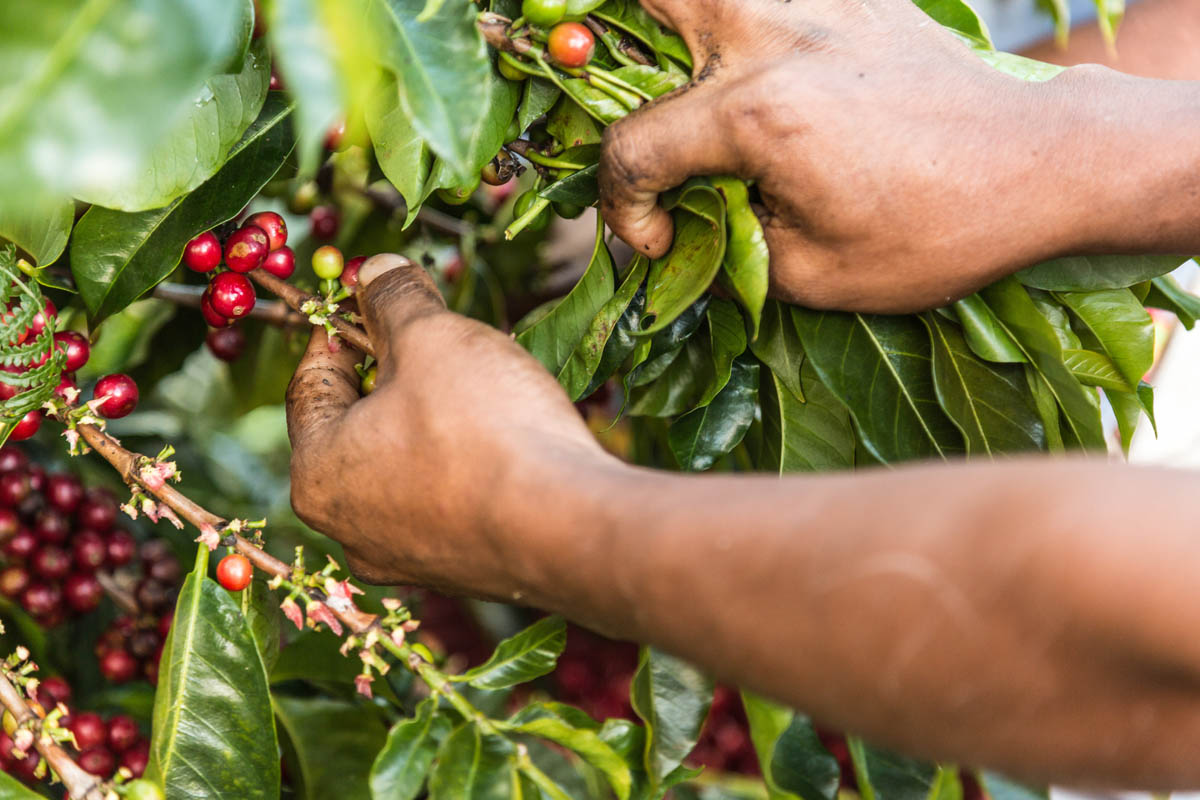
“With its potential to influence issues such as climate change, biodiversity loss, and inequality, tourism can either drive significant change or contribute to the degradation of our planet,” said Natalie Lyall-Grant, Positive Impact Manager at Jacada Travel, who believes the industry must transition to a net positive form of tourism. “Our approach needs to give back to people and the planet, incorporate diverse community perspectives, and consider both humans and the climate, wildlife, and environment as essential stakeholders.
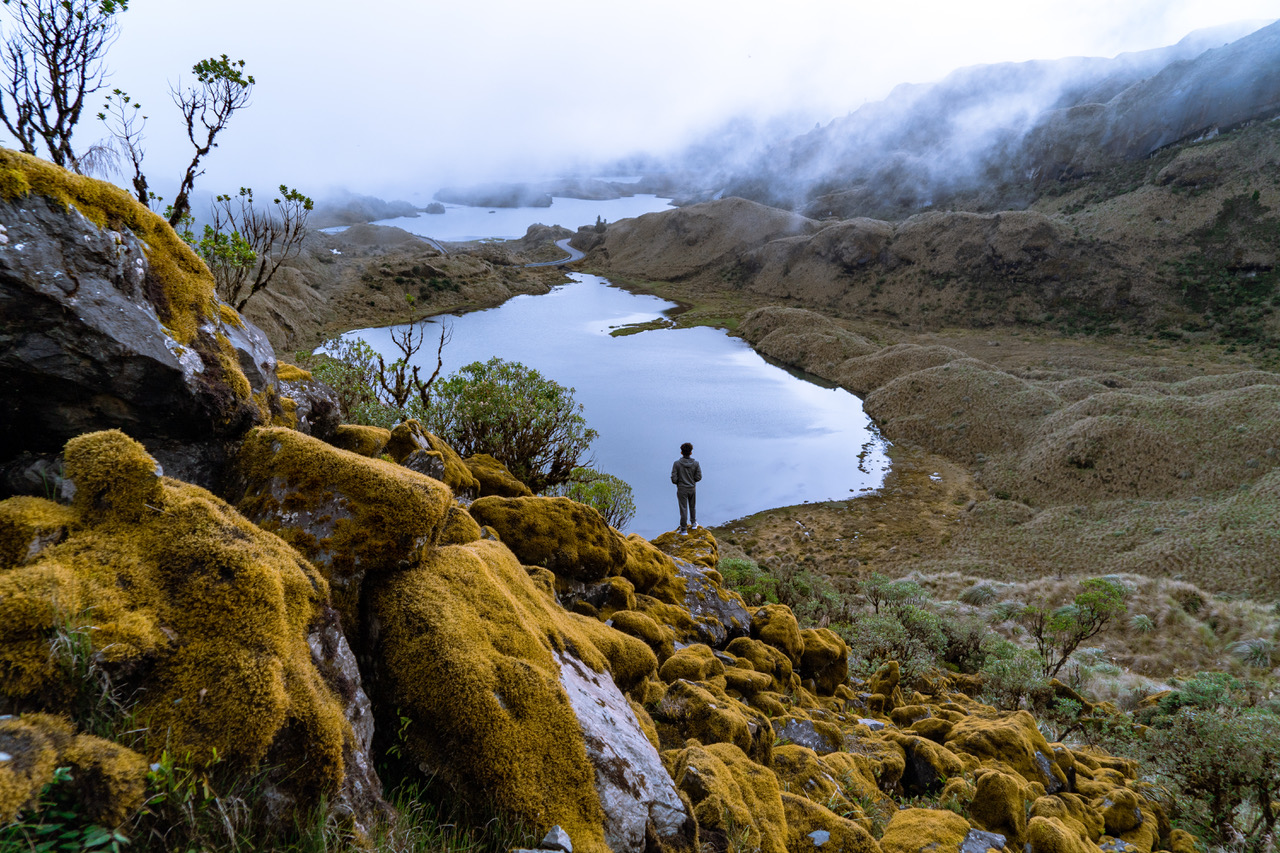
This whitepaper is based on a study of 191 properties spanning 45 countries and examines the potential for accommodation providers in the luxury travel industry to drive positive social and environmental change.
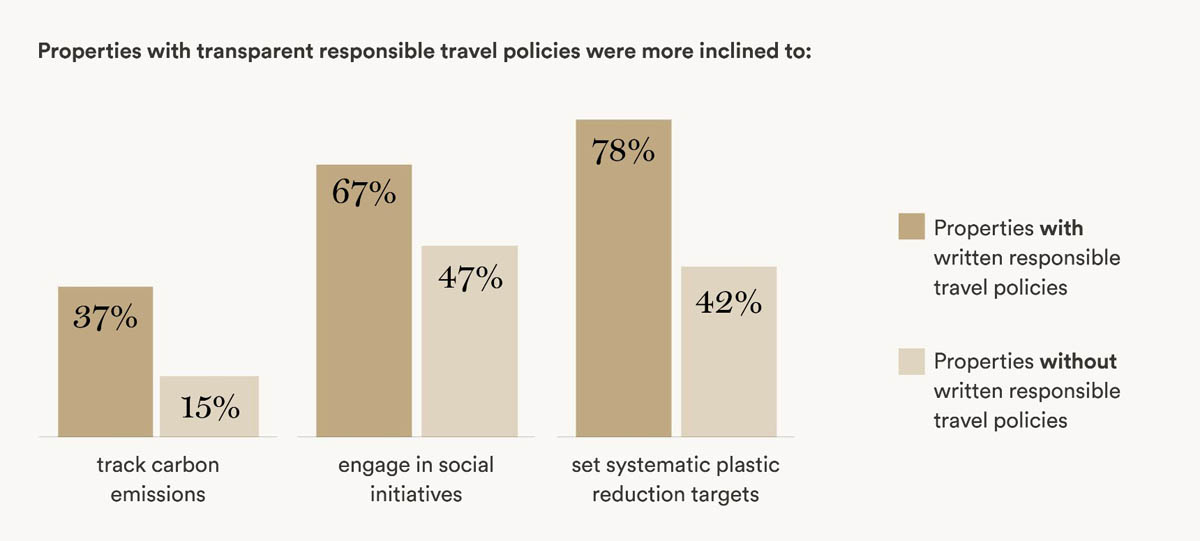
The data for Beyond Sustainability was collected over several months by Jacada Travel, and the company has made the findings public to encourage collaboration. The findings were also utilized to create the Jacada Positive Impact Collection of properties that endeavor to positively impact the world and whose success can be verified according to a meticulous, evidence-based approach to evaluating sustainability distinct from “greenwashing.” The curated Collection includes 94 properties in 31 countries through Asia Pacific, Africa, Europe, Latin America, and the Middle East.
